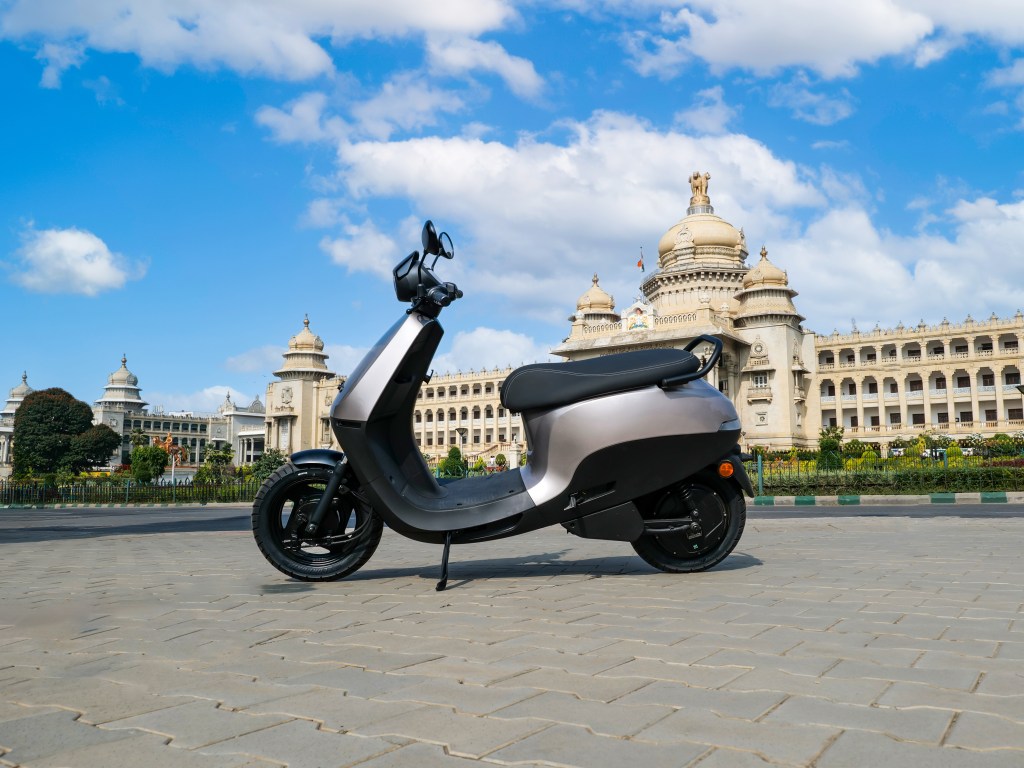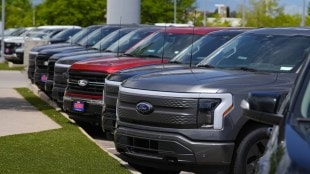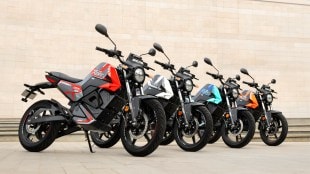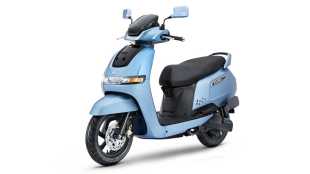Ola Electric’s reported February sales figures have come under scrutiny after the company included pre-launch bookings for its electric motorcycles and new e-scooters, inflating its market share. According to a Bloomberg report, Ola Electric has been fudging its sales figures by adding volume of models which are yet to reach dealerships.
In a March 21 letter to India’s Ministry of Road Transport and Highways, the Bengaluru-based EV manufacturing startup disclosed that its “confirmed orders” for February included 10,866 bookings for third-generation e-scooters although deliveries of the same commenced only in March.
Similarly, Ola reported sales of 1,395 units Roadster X in February, however, deliveries of the electric motorcycle are yet to commence. These bookings comprised nearly 50% of the 25,207 units reported in February.
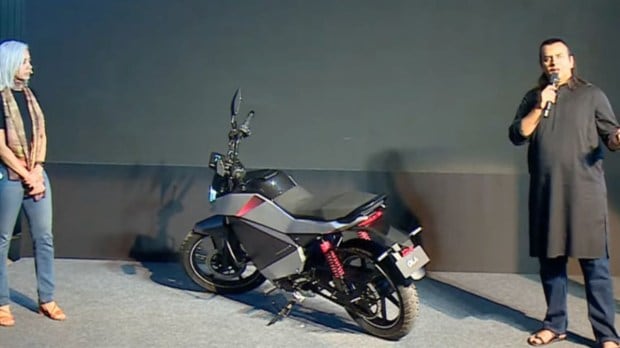
This clarification was prompted by a discrepancy between Ola’s reported sales of “more than 25,000 units” in February this year and the government’s vehicle registration data, which showed only 8,600 units. While Ola attributed some delays to vendor renegotiations, the significant gap led the ministry to seek further explanation.
Ola Electric in hot waters
The ministry subsequently instructed Ola on March 31 to revise its figures, including only invoiced vehicles, and demanded a response within seven days to avoid potential penalties. Ola maintains that its February sales were based on “full payment received from customers,” but acknowledges revenue recognition occurs upon registration and delivery. The company stated it is addressing the ministry’s queries.
This incident highlights regulatory concerns surrounding Ola, which has faced multiple challenges recently. Unlike January and March, Ola’s February sales figures deviated from registration data and included bookings.
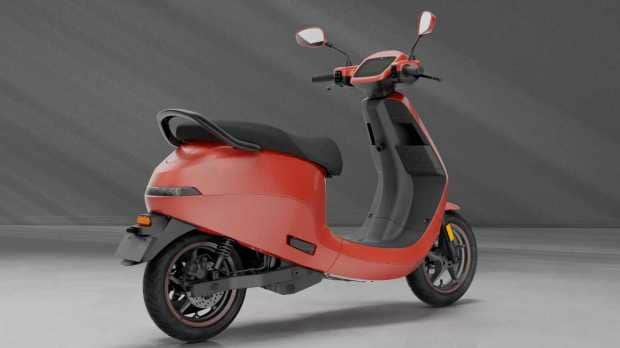
Ola has also faced regulatory scrutiny regarding alleged consumer rights violations, misleading advertisements, and unfair trade practices. Additionally, state transport officials conducted raids and vehicle seizures due to a lack of trade certificates at Ola’s stores. The company’s stock has declined significantly since its August listing, and the ministry has also queried Ola about the trade certificate compliance.
Earlier, Ola Electric claimed that a roadblock in vehicle registration was the primary reason behind the huge discrepancy between the units dispatched from the factory floor and number of scooters registered under Vahaan during the same period. Ola later settled all dues with the Rosmerta Group handles vehicle registrations for the EV manufacturer across the country. However, it seems the gap is too wide to go unnoticed by concerned authorities.
